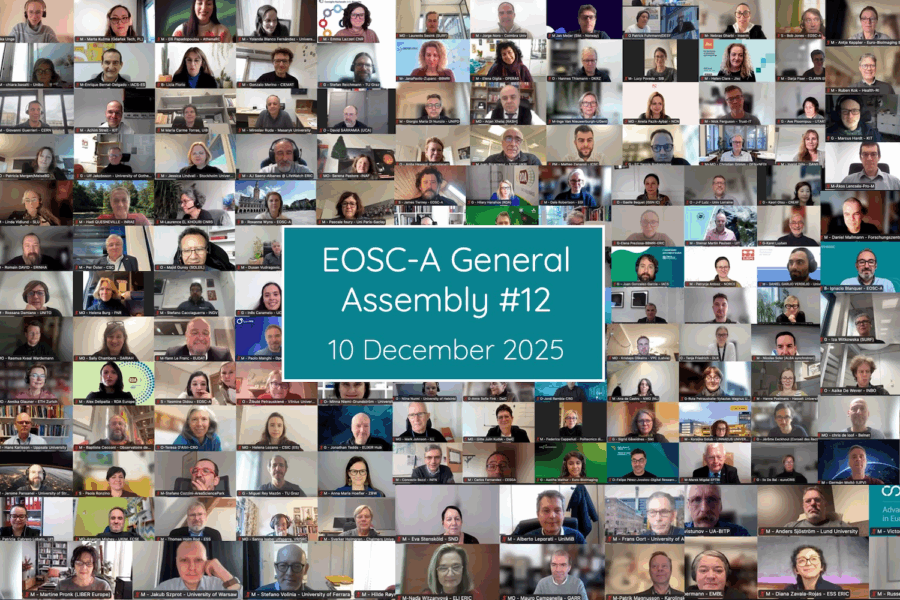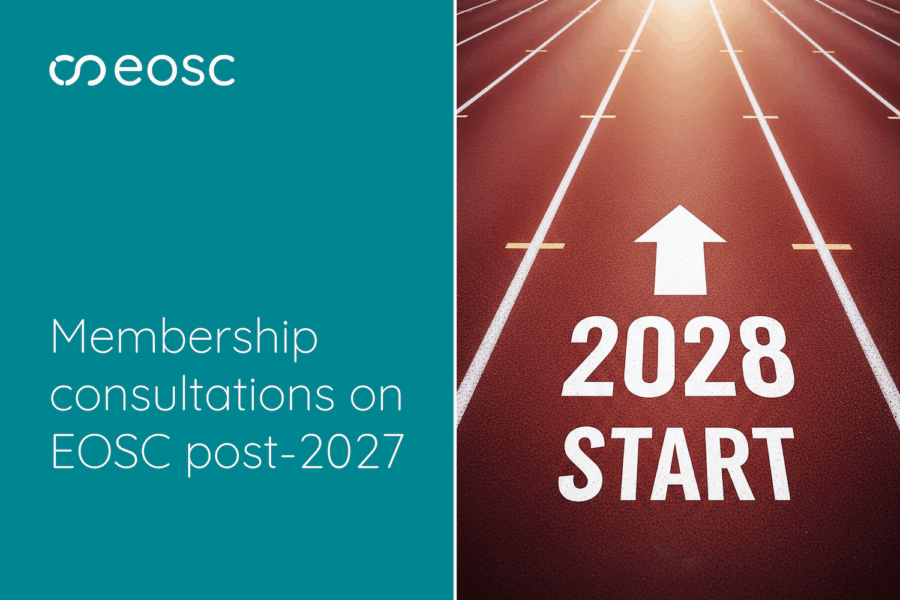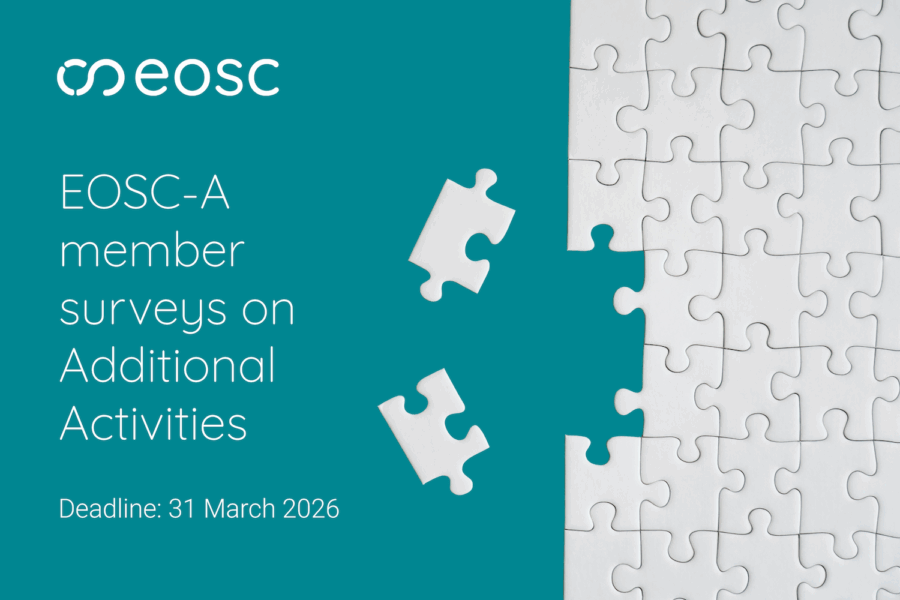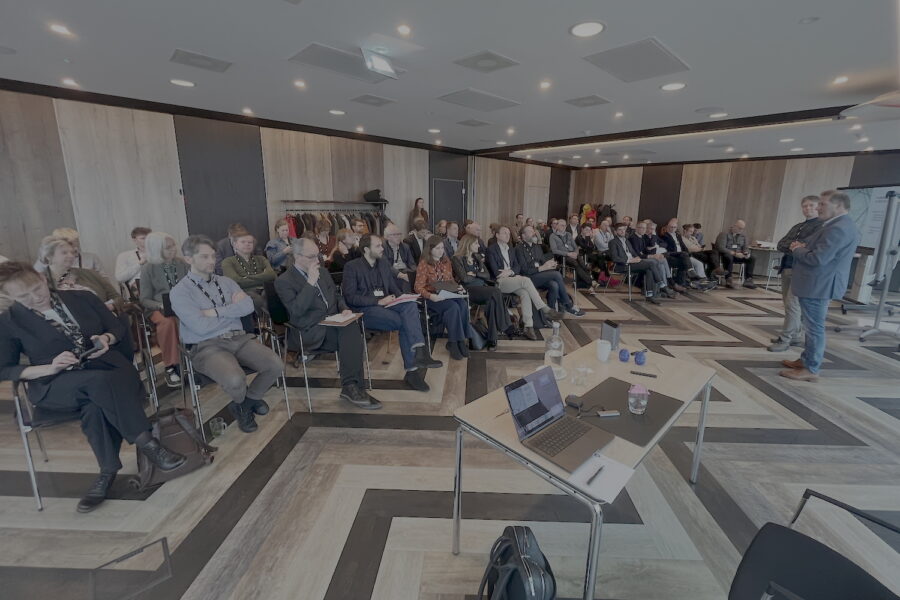VALENCIA—The collaboration between the EOSC Association and the Data Spaces Support Centre (DSSC) continues. On 27 October 2023 the session, “Maximising the value of research data for data spaces”, took place as part of the European Big Data Value Forum.
Conceived as a follow-up session after the joint workshop held on 22 September during the EOSC Symposium, the purpose of this session was to offer continuity to the dialogue initiated in September and highlight the value and the role that research data can play in Data Spaces. This time however, the focus was on bringing the discussion closer to the Data Spaces community.
EOSC, Language, Green Deal and Health data spaces
The session was opened with a presentation by EOSC-A Director Ignacio Blanquer (in the role of representing the EOSC data space), which was followed by a panel discussion with representatives from different thematic data spaces: Georg Rehm from the German Research Centre for Artificial Intelligence (DFKI) representing the Language Data Space; Mark Dietrich, from the EGI Foundation and the Green Deal Data Space; and Enrique Bernal-Delgado from Health Sciences in Aragon representing the Health Data Space. Moderated by EOSC-A board member Sara Garavelli, the panel reflected upon the role of research data in the context of the Data Spaces and on the potential connection between EOSC and the Data Spaces. Takeaways from the discussion included:
- Industrial data spaces need access to research data and vice-versa, and this cooperation between industry and research is already well consolidated in many domains;
- However, it is very difficult to differentiate “research data” from other data; there is still a common misunderstanding that research data is, by default, open. In many cases research data is sensitive and cannot be shared easily. Research data can also be commercialised;
- Different data spaces have different purposes: the main trigger for the health data space is to respond to the new EHDS regulation; for the language and Green Deal data spaces, the main challenge is to combine all the existing infrastructures and initiatives in a way that adds value for the community;
- Sometimes the Data Spaces and EOSC are incorrectly perceived as hardware infrastructures to store data; the Data Spaces, including EOSC, are meant to facilitate the data sharing to address specific challenges—he question to answer is not, “Where shall I put my data?”, but “Why do I want to share my data?”, “What is the value generated by the data exchange?”
Connecting to EOSC
The session closed with a question for the panellists on how to increase the connection between EOSC and the Data Spaces. Here some reflections:
- We need substantial research use-cases;
- We need to work in close collaboration on thematic aspects;
- Common taxonomies could help reduce the gap between industry and research; and
- Machine actionability is a fundamental requirement to increase interoperability.





